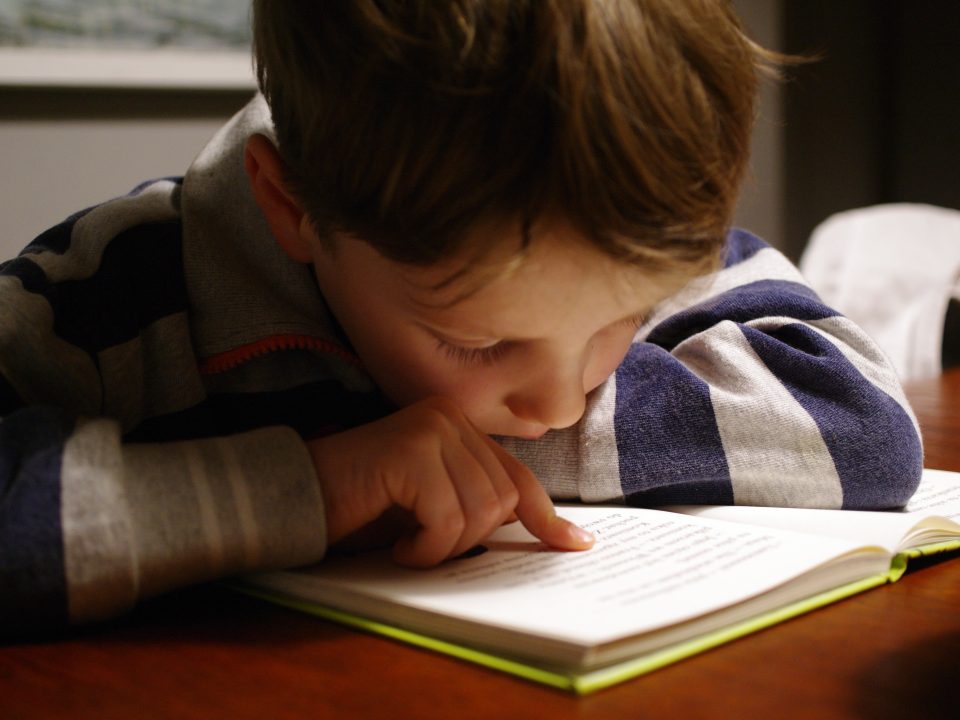The growing impact of Technology in Teaching

How to educate your child to succeed
June 28, 2021Information and communication technology is used for the tasks that are used to transmit, store, create, display or exchange information by electronic means. This broad definition of information and communication technology includes all radio, TV, video, DVD, telephone (both landline and mobile phones), satellite systems, computer, and network hardware and software; Apart this, services and devices related to these technologies, such as video conferencing, e-mail and blogs, etc., also come under the purview of ICT. Educational technology refers to the study and ethical practice of improving learning and performance by creating, using, and managing appropriate technological processes and resources. The term educational technology is often associated and included with instructional theory and learning theory. While instructional technology includes the processes and systems of learning and instruction, educational technology includes other systems used for the development of human abilities. Doon International School is one of the best schools in Chandigarh which is offering the best education to all the students through online education.
Impact of Technology on teaching and learning
Nowadays students use mobile devices etc., through which they are able to do many things. Technology is also used in the attainment of education. Because of this, the need for teachers in the school is decreasing as videos and other mediums are being used in the classrooms. Nowadays anyone can study sitting anywhere if he has a computer and internet connection.
Technology can affect teachers
- The confidence of teachers reduces as they are inexperienced to use computers or other programs.
- Educators can build on their skills and teaching repertoire with staff development and technology training.
- Teachers will gain confidence and effectiveness in education with increased computer experience.
Why Technology Students Benefit
- As teachers have a positive attitude in using technology, they often stimulate students’ interest in technology as well.
- Students are able to learn skills that are linked to technology that will add to their use skills in the future.
- Technology can enable students to develop skills that will be required in the future. With the successful implantation of technology in the classroom, students can receive a modern and comprehensive education that they will benefit from. Their education will be more conducive to the direction that their generation and our society are heading in.
E-education is one of the key areas identified by the Ministry of Electronics and Information Technology for imparting education using educational tools and media. School, college, and university education are being adversely affected due to the lockdown implemented to contain the growing impact of the COVID-19 pandemic. As a result, education is now rapidly moving towards e-education.
Innovation can help students by making learning captivating and community-oriented. Maybe than remembering realities, students learn by doing and through basic reasoning. This could be pretty much as basic as taking an intelligent test in class or taking an interest in tech-empowered gathering conversations. Or on the other hand, it very well may be just about as included as playing instructive games, rehearsing in scientific tests in a virtual lab, or going on a virtual field outing. To make adapting genuinely captivating, it should be really intelligent. Doing math on a PC isn’t any not the same as doing math with a pencil and cushion of paper. In any case, utilizing expanded reality to quicken math challenges is an entire distinctive ball game. At last, intuitiveness and innovation upgrade learning. For instructors, the part of innovation in schooling is perpetual: from utilizing reproduction devices to exhibit how a storm creates, to utilizing augmented reality to rehearse operations.
Features of e-learning
- The biggest feature of e-education is that students can do their educational work at any time and anywhere according to their convenience. That is, there is no restriction of time and place in this educational system.
- Through e-learning, students can access web-based study material indefinitely and understand its complex aspects by repeatedly viewing it.
- Teaching through e-education is largely low-cost. Because students do not have to spend money on books or any other study material.
- E-learning is also beneficial from an environmental point of view, as the information is stored here on web-based apps and portals instead of books. Due to which the cutting of trees for the manufacture of paper is stopped and it helps in saving our environment.
- E-learning develops knowledge of the internet and computer skills, which will help students move ahead in their lives and careers.
- Through e-learning, students can focus on learning new skills.
Challenges in the way of e-education
- Without self-discipline or good organizational skills, students may fall behind in studies done in e-education mode.
- Students can feel lonely without any teacher and classmates. As a result, they may suffer from depression.
- A poor Internet connection or old computer can make accessing course material frustrating.
- Lack of better internet connectivity and low speed of internet is the biggest challenge in the path of e-education in India.
- It is difficult to do practical or lab work in a virtual classroom.
Currently, online classes usually run for four to five hours. After that, the learner is given assignments and projects in the name of homework. If the average is seen, both a student and a teacher spend about eight to nine hours online. Which is dangerous for their mental and physical condition. Even more harmful for young children. Many parents have told through Facebook posts that their children are causing problems in their eyes. Apart from this, excessive use of technology also creates problems of depression, anxiety, loneliness, etc. However, the question still stands whether online education can be an effective education system, which becomes an alternative to Guru-Shishya face-to-face learning? It doesn’t look like this yet. The government and the people of the education world are trying to make it better, but in a big country like India, overcoming the obstacles in online education seems a far cry. The question of conducting examinations and practical examinations of technical subjects online remains as it is. The recently released UGC guideline has also advocated pen-copy examination only. India has great potential for the growth of online education, but the challenges are not less. Unless the challenges are better assessed, good results cannot be achieved. To avoid these problems, effective thinking is needed, so that the future of the country can be saved from them.
There is no doubt that due to COVID-19, the education system has been completely changed and it has impacted the lives of students and teachers. In this battle against COVID-19, Doon International School is one of the best schools in Chandigarh which is offering the best online education to all the students.




